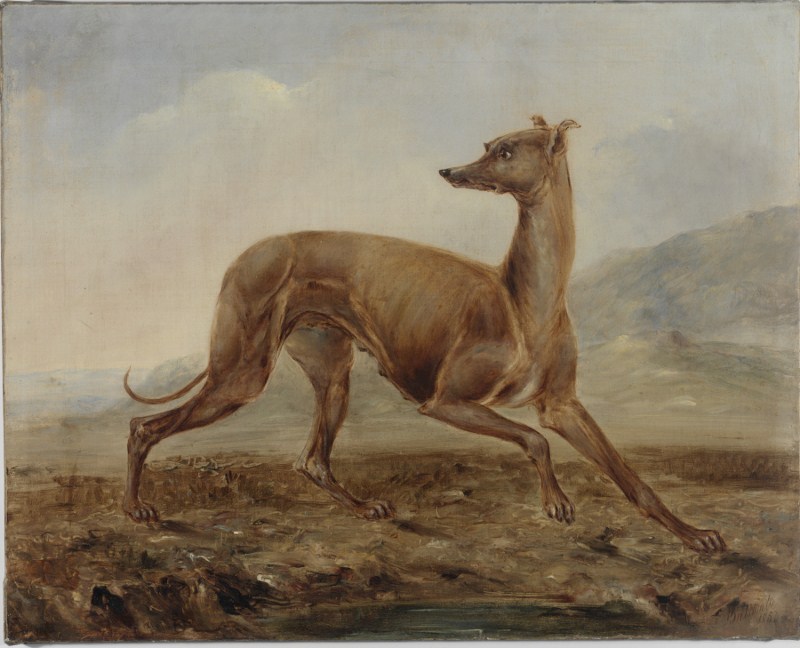Furphy as (Metafictive) Aboriginal Ethnographer
Keywords:
Jseph Furphy, colonial fiction, representing Indigenous issues, ethnography in fictionAbstract
This paper investigates Furphy’s ethnographical writings on Aborigines in the short essays and paragraphs he wrote for the Bulletin and in one of his short stories. It also examines his representation of Toby, a part Aboriginal stockman in Such is Life, and concludes by examining one of the most difficult passages in a colonial era novel, his account of a Palmer River Aboriginal attack, cannibalism, and settler murder in The Buln-buln and the Brolga. These Aboriginal-focussed narratives are told as part of a suite of realistic tales by Barefooted Bob and Tom Collins, by way of counter-narrative to Fred Falkland Pritchard’s fantastical romance/action tales which belong to the ripping yarns/Boy’s Own tradition. The paper argues that, although the narrative method, in its refusal to editorialise, is uncharacteristically and unnervingly oblique, there is more than a little of Lilian Pritchard, the Lady Novelist, in Furphy himself and that the questions he puts into the mouth of the Lady Journalist about Aboriginal culture are probing and pungent.Downloads
Published
2013-06-28
Issue
Section
Articles
License
The copyright for articles in this journal is retained by the author(s), with first publication rights granted to the journal. By virtue of their appearance in this open access journal, articles are free to use with proper attribution in educational and other non-commercial sectors.Attribution-NonCommercial-ShareAlike 2.1 Australia
This work is licensed under the Creative Commons Attribution-NonCommercial-ShareAlike 2.1 Australia License. To view a copy of this license, visit http://creativecommons.org/licenses/by-nc-sa/2.1/au/ or send a letter to Creative Commons, 543 Howard Street, 5th Floor, San Francisco, California, 94105, USA.

